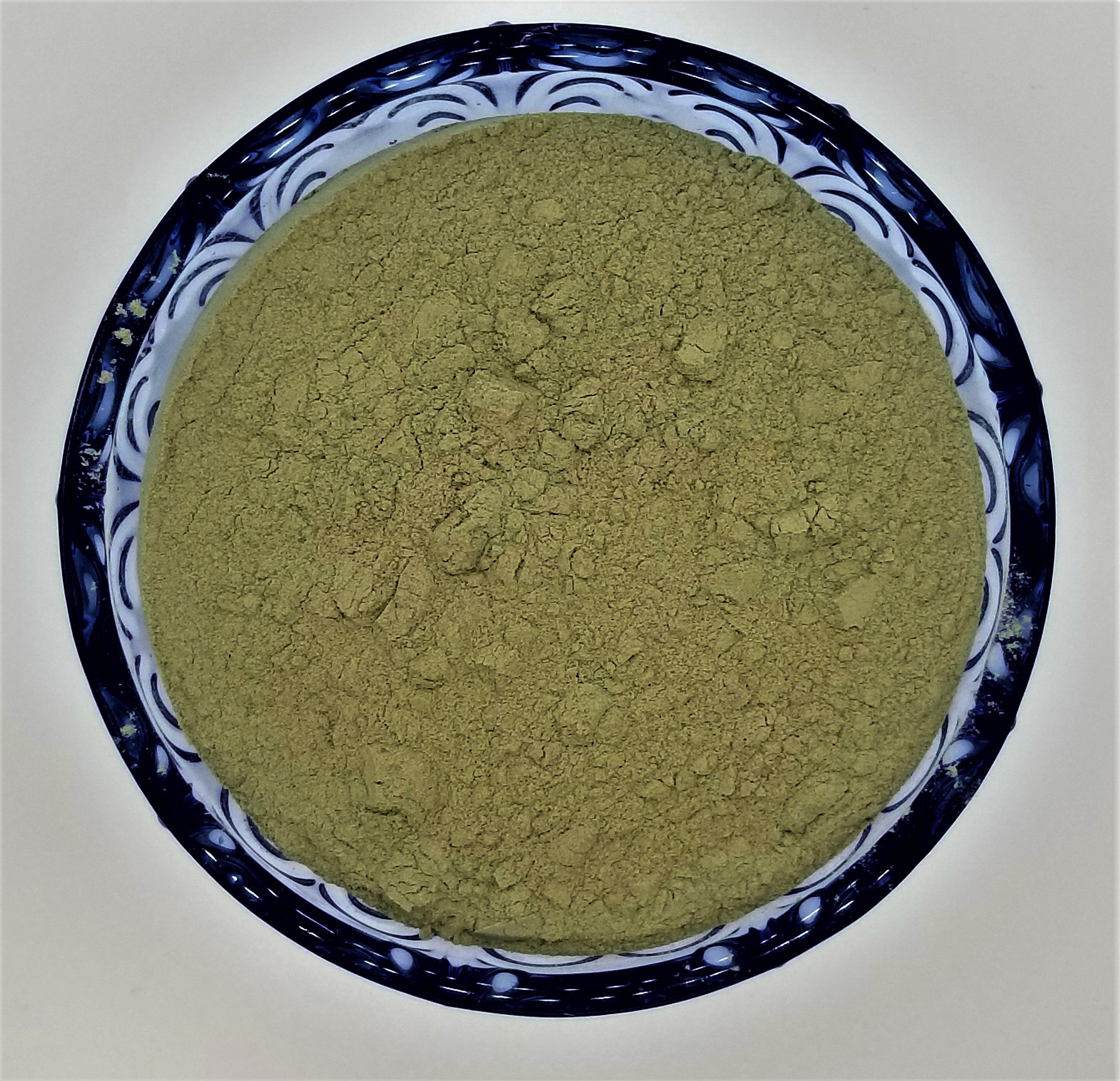Herbal Action: Alterative, anorectic, antineoplastic, blood purifier, demulcent, diuretic, emollient, expectorant, febrifuge, mucilant, nutritive, pectoral, stomachic.
Nutrients/Active Ingredients: Vitamins A, B, D, C, rutin, calcium, potassium, phosphorus, zinc, manganese, sodium, copper, iron and silica.
Main nutrients/Active Ingredients: Vitamins B (complex), D, C, calcium, copper, coumarins, flavonoids, iron, manganese, molybdenum, phosphorus, rutin, saponins, sodium, silica, and zinc.
Parts Used: The whole herb.
Uses by system:
- Cardiovascular:
- blood purifier (help your lungs, liver, and kidneys breakdown toxins and remove waste).
- Digestive/Gastrointestinal:
- weight loss and digestion
- help decrease appetite.
- help stop bleeding from ulcers, intestines, or rectum.
- Integumentary/Skin:
- swelling and inflammation of joints.
- prevent wound infection.
- help skin irritation and improve wound healing
- Respiratory:
- as an expectorant to help loosen mucous.
- Urinary:
- as a diuretic.
Common doses and preparation: Powder is commonly taken as a tea, capsule, or added to skin care products. Dried herb is typically taken as tea, used in vinegars, as a tincture, or to skin care products. Made into poultices, fomentations, and salves.
Side Effects/Precautions/Interactions: Belongs to the daisy family. Avoid if you have allergies to this family of plants. High doses can cause nausea, vomiting, diarrhea, and upset stomach. Not recommended for pregnant or lactating women.
* This statement has not been evaluated by the Food and Drug Administration. This product is not intended to diagnose, treat, cure, or prevent any disease. For educational purposes only. We recommend speaking with a physician or health care professions, especially if you have medical conditions, are pregnant or lactating, on medications, or use with children and infants.




